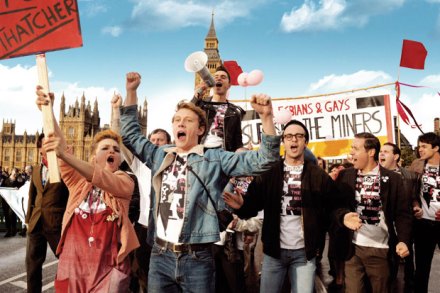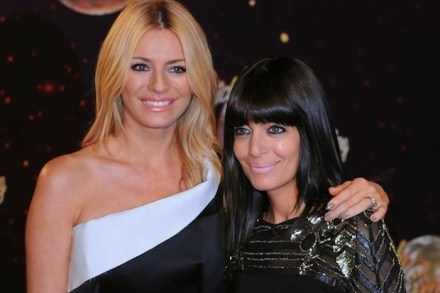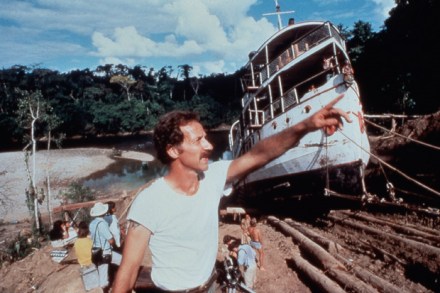Ignore the simplistic politics, Pride will make you laugh and cry
1984 and all that. Which side were you on? The side of Margaret Thatcher, her hairdo and person standing rigid against a rising tide of industrial activism and British declinism? Or the side of the miners, socking it to the Tory scum and their jackbooted adjutant, Johnny Law? There’s no doubting which side this new movie Pride is on. It’s about a curious episode in community relations when a group of gay people from London decided to fundraise and rabble-rouse on behalf of the striking miners in Wales. It starts with a shot of a red banner — ‘Thatcher Out!’ — hanging from a council-block window. And it ends with
















